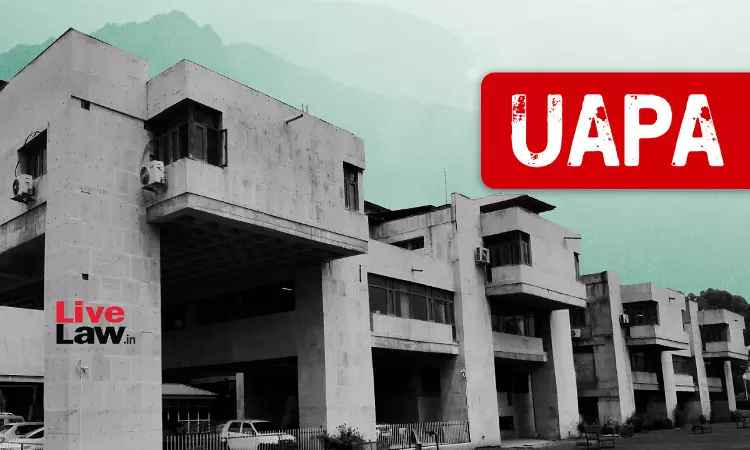UAPA Arrest Without Legal Justification Violates Articles 14 & 21, Accused Entitled To Bail In Such Cases Despite S.43D(5) : J&K&L High Court
Awstika Das
20 Nov 2023 9:59 PM IST

The High Court held that arrest under UAPA must be justified on the anvil of "clear and present danger".
Next Story


